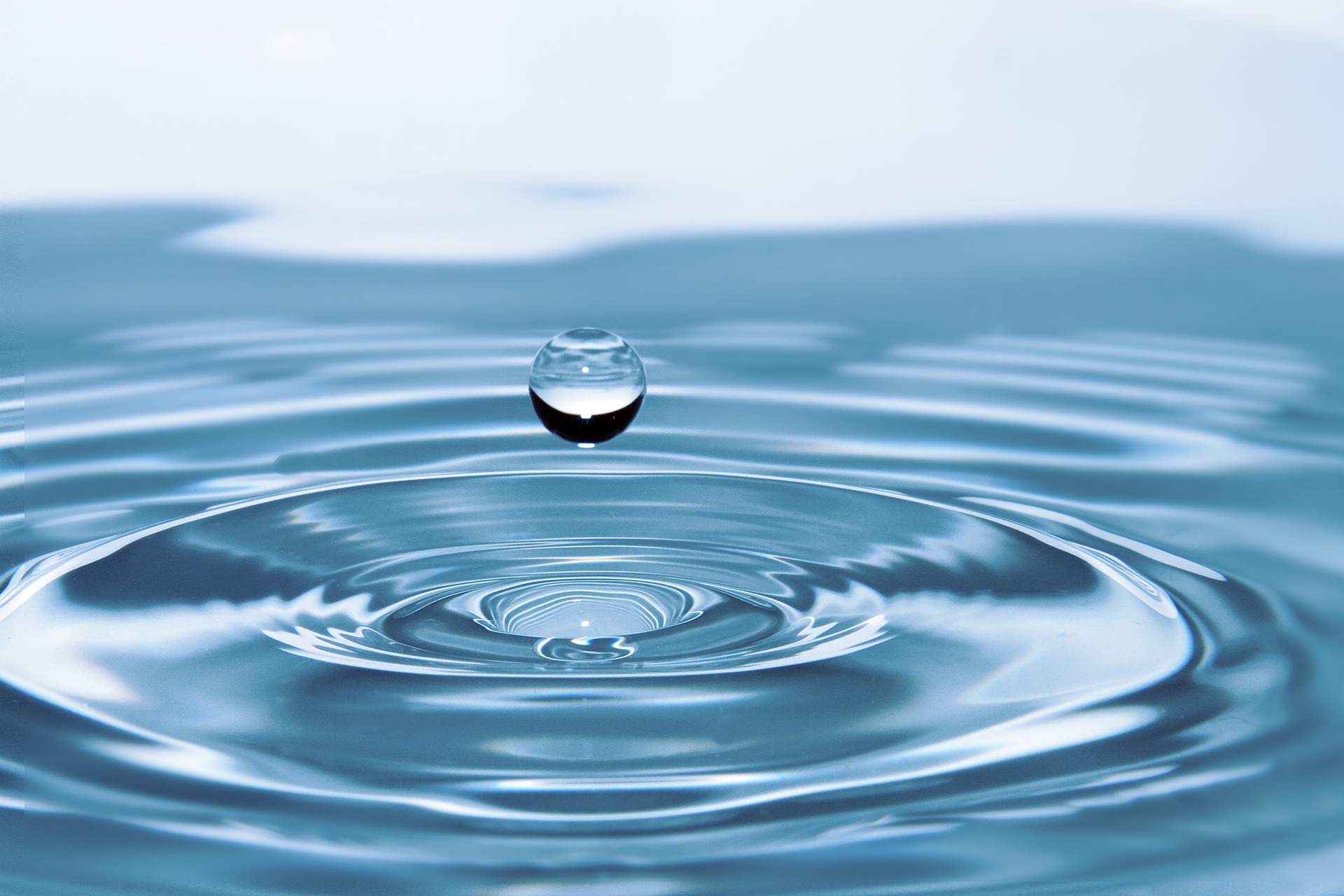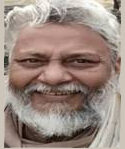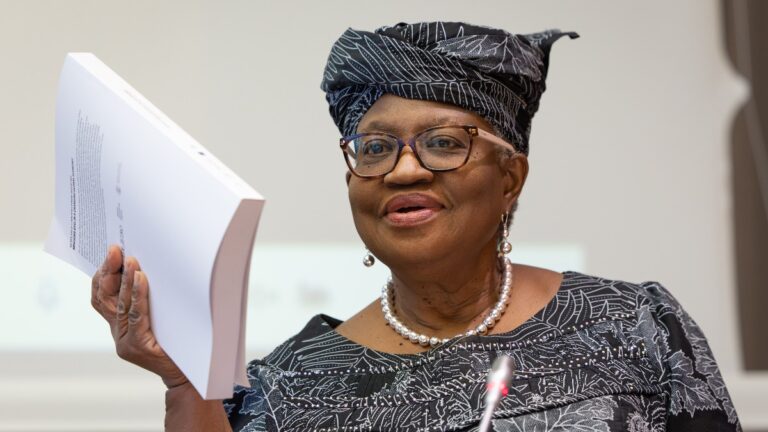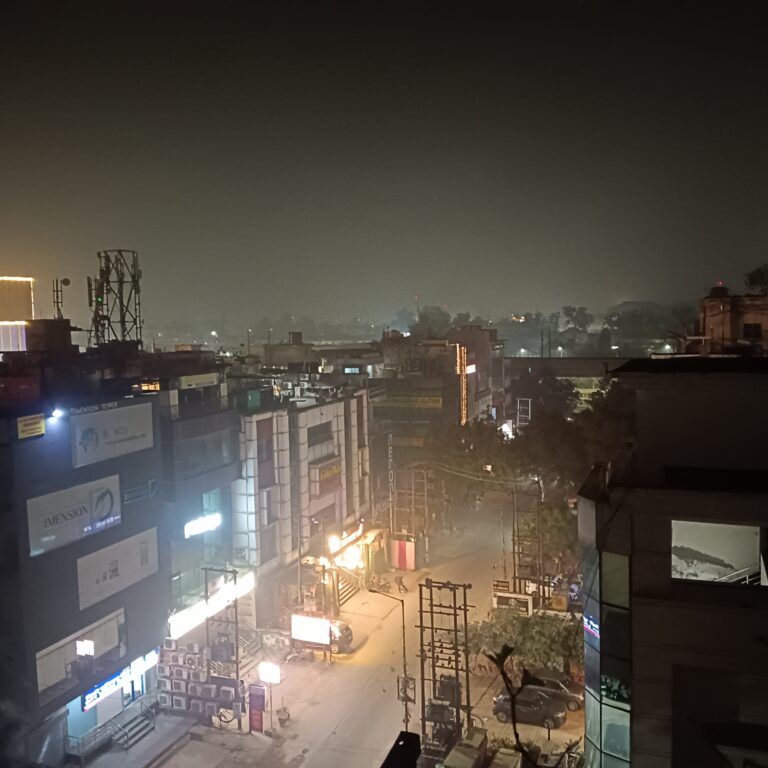
1st Person: UN World Water Conference
 By Dr Rajendra Singh*
By Dr Rajendra Singh*
The UN World Water Conference in New York, between March 22-24, 2023, was held 46 long years after the first such conference in 1977, in Mar del Plata, Argentina. In his inaugural address, António Guterres, Secretary-General of the United Nations, said that while water is a human right and a common development denominator, it is in deep trouble. In his opening remarks, Co-President of the Conference Emomali Rahmon, President of Tajikistan stressed the urgency of international action as 2 billion people lacked safe drinking water; 3.6 billion people lack safe sanitation; and almost 0.5 million people die from water-related infectious diseases every year.
Against this backdrop, the Conference must represent a quantum leap in the capacity of Member States and the international community to recognize and act upon the vital importance of water to the world’s sustainability and as a tool to foster peace and international cooperation. Water must serve as a key driver across economies and policymaking as water and climate policies are integrated.
At the UN World Water Conference, there was an acknowledgement of the importance of water for healing the planet and for climate change mitigation, adaptation and mitigation. What was lacking was how this would be brought about, namely the action plan. This is one area where the Conference fell short. Moreover, more diverse voices need to be heard in the main proceedings.
An international delegation of the Peoples World Commission on Drought and Flood (PWCDF) of which I am the Chairperson, attended the UN World Water Conference. It comprised around 30 members from India as well as representatives from Africa, small island developing states and others, totalling some 50 participants.
The purpose of the participation of the PWCDF delegation was clear. The PWCDF was formed in January this year to work together through community-driven nature rejuvenation for drought and flood mitigation, adaptation and resilience.
This delegation was sharing and seeking solutions for reducing risk and developing resilience against drought and flood.
For us, who have been highlighting the link between climate and water – ‘Water is climate and climate is water’, Guterres’ statement that, “This precious and limited resource, fresh water, is the lever for scaling up climate adaptation, mitigation and resilience,” was a source of hope.
Given the increase in drought and flooding globally over the past few years, and the role of climate change in water-related disasters and heat waves, sea level rise and storms, we wanted to raise the issue of ‘water is climate and climate is water’ and provide answers based on our decades’ old experience.
Two slogans raised by us reverberated in this Conference: ‘The UN should work towards a drought and flood-free world’ and ‘Water, women (give birth, the earth, nature) and rivers are the supreme beings’. We clarified that these slogans were not calling for any movement or were they a battle cry but were voices from the heart of India.
For centuries India has had experience in caring for nature, and this experience is what we wanted to share with the world: Sustainable and equitable development is possible while respecting and nurturing nature. Rejuvenation of nature is possible, for which water is key. Water is life, and there is life in water. Life begins with water. Water needs to be understood in its totality, connection to spirituality, culture, peace and security. Unfortunately, these aspects of water are often ignored: Water is now perceived as a commodity, to be marketed and to be used for making a profit. Just as humans cannot be considered as a commodity to be marketed, so is the case with water.
*Renowned water conservationist





